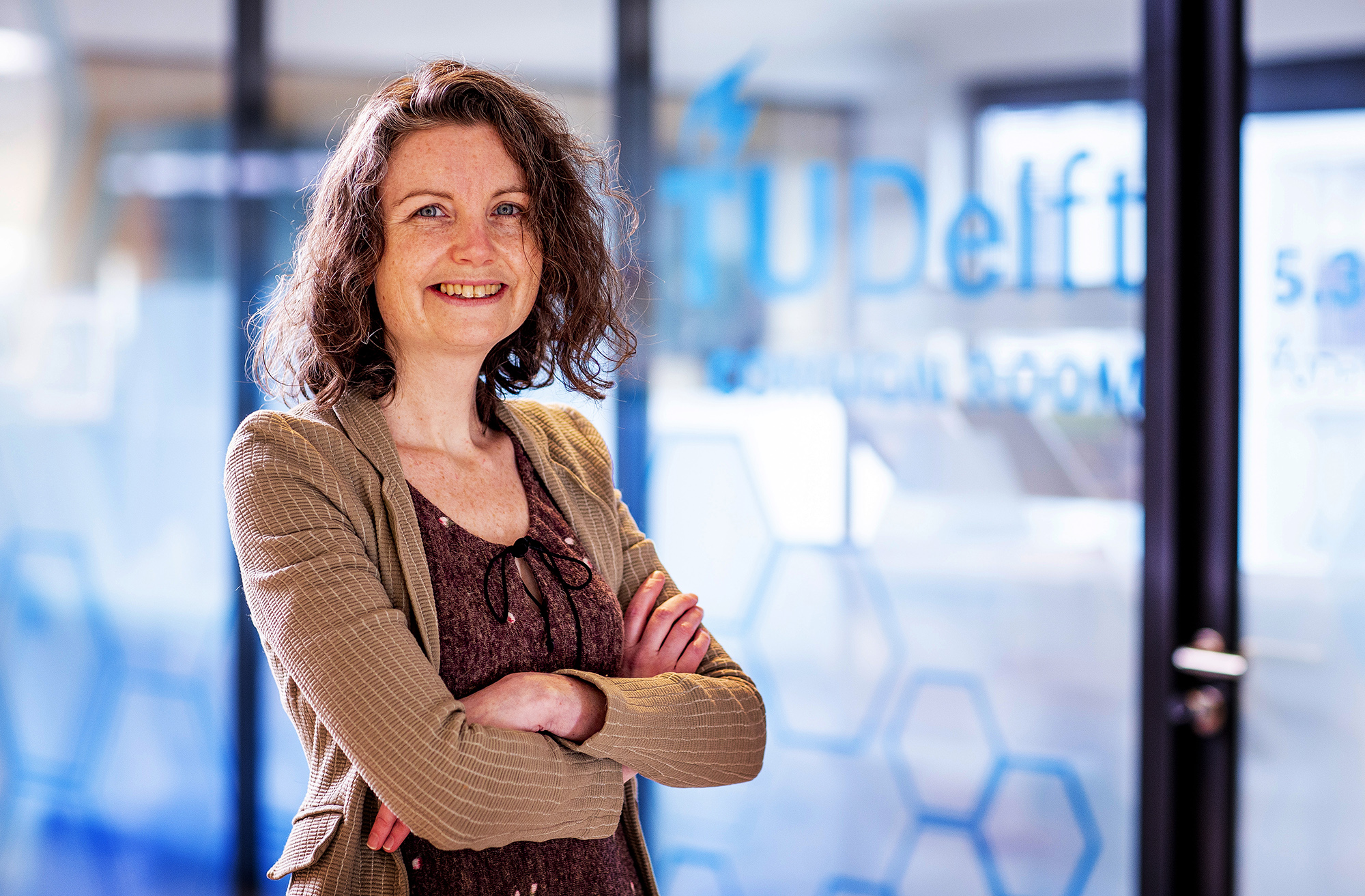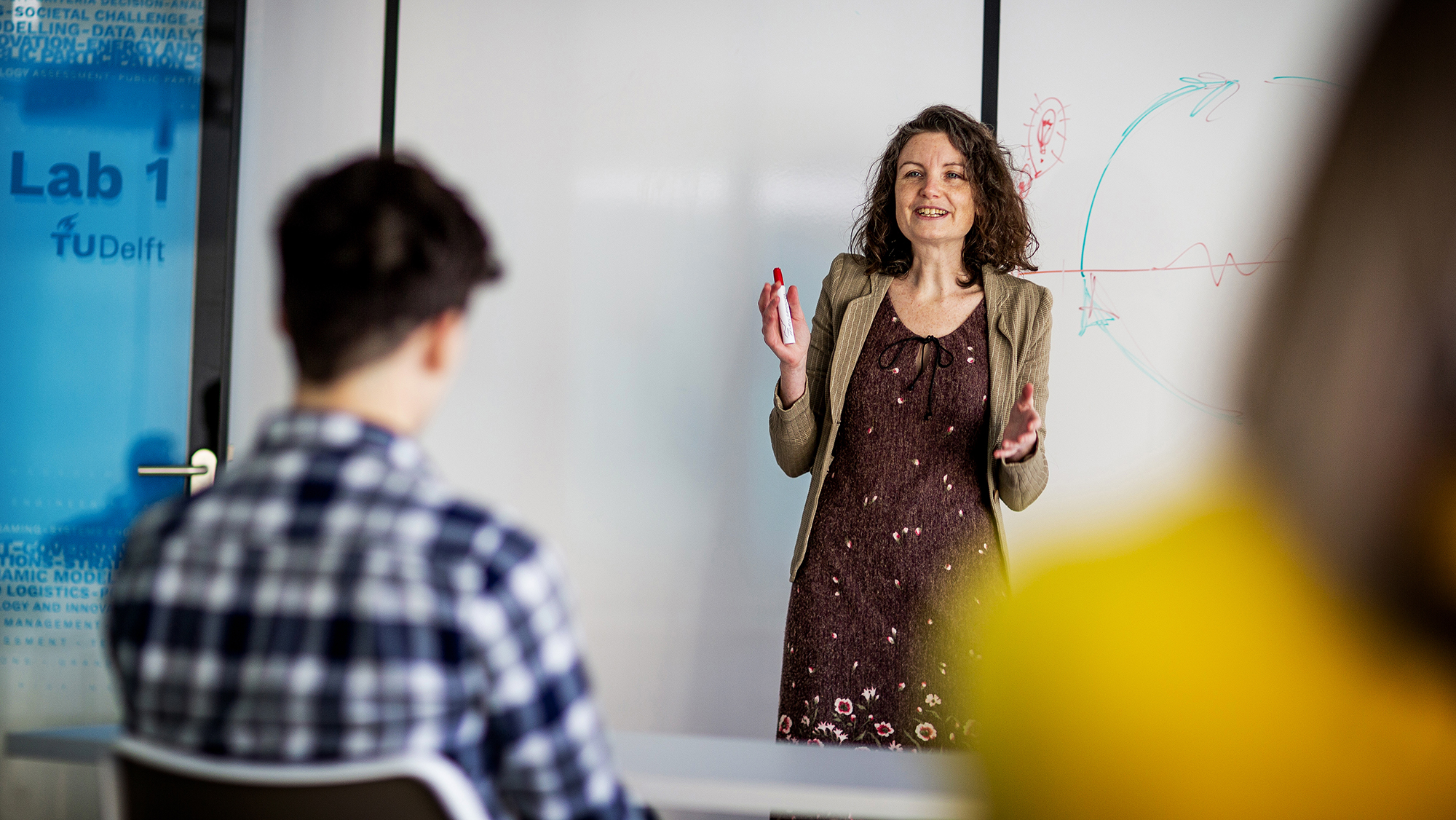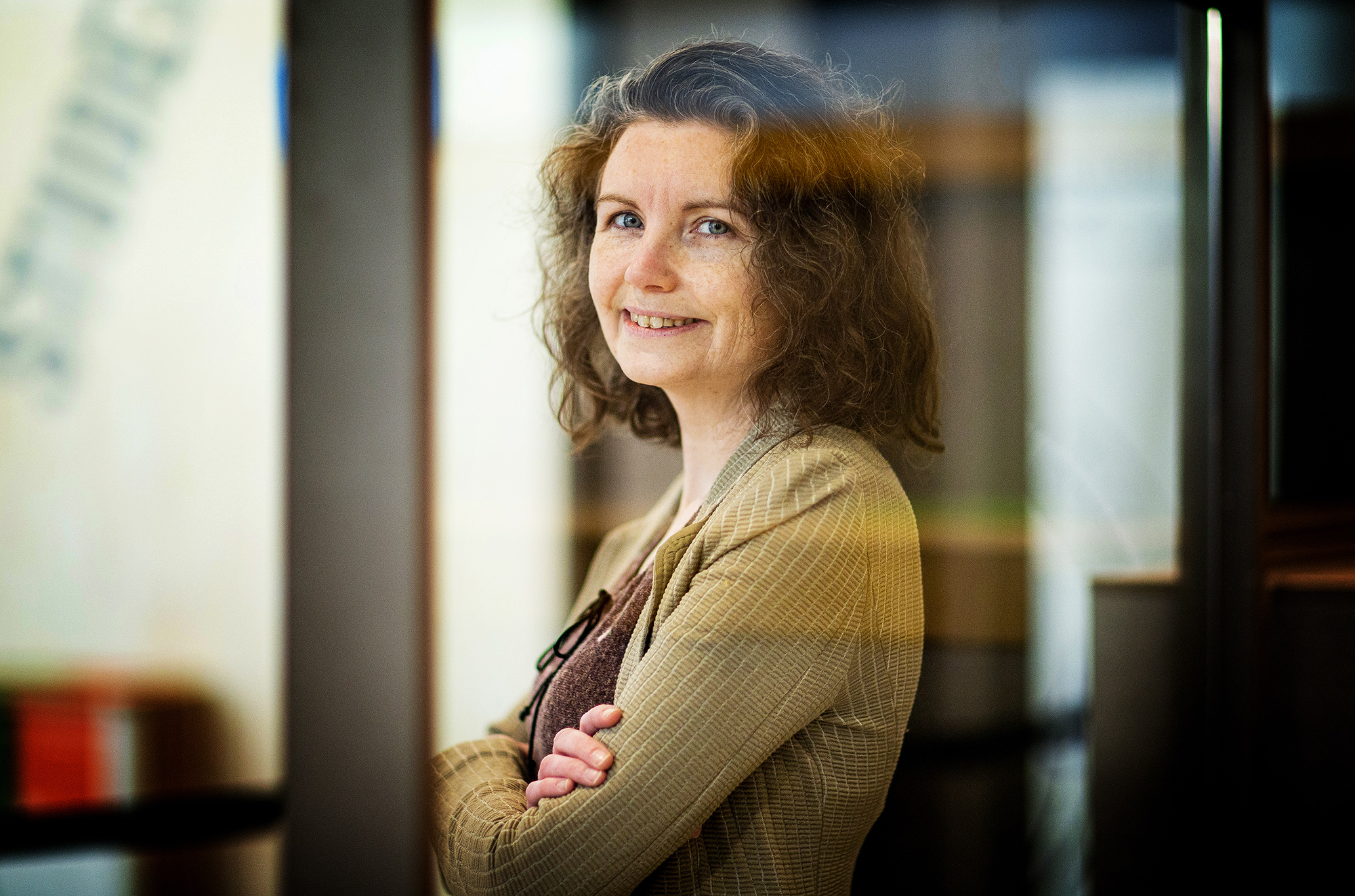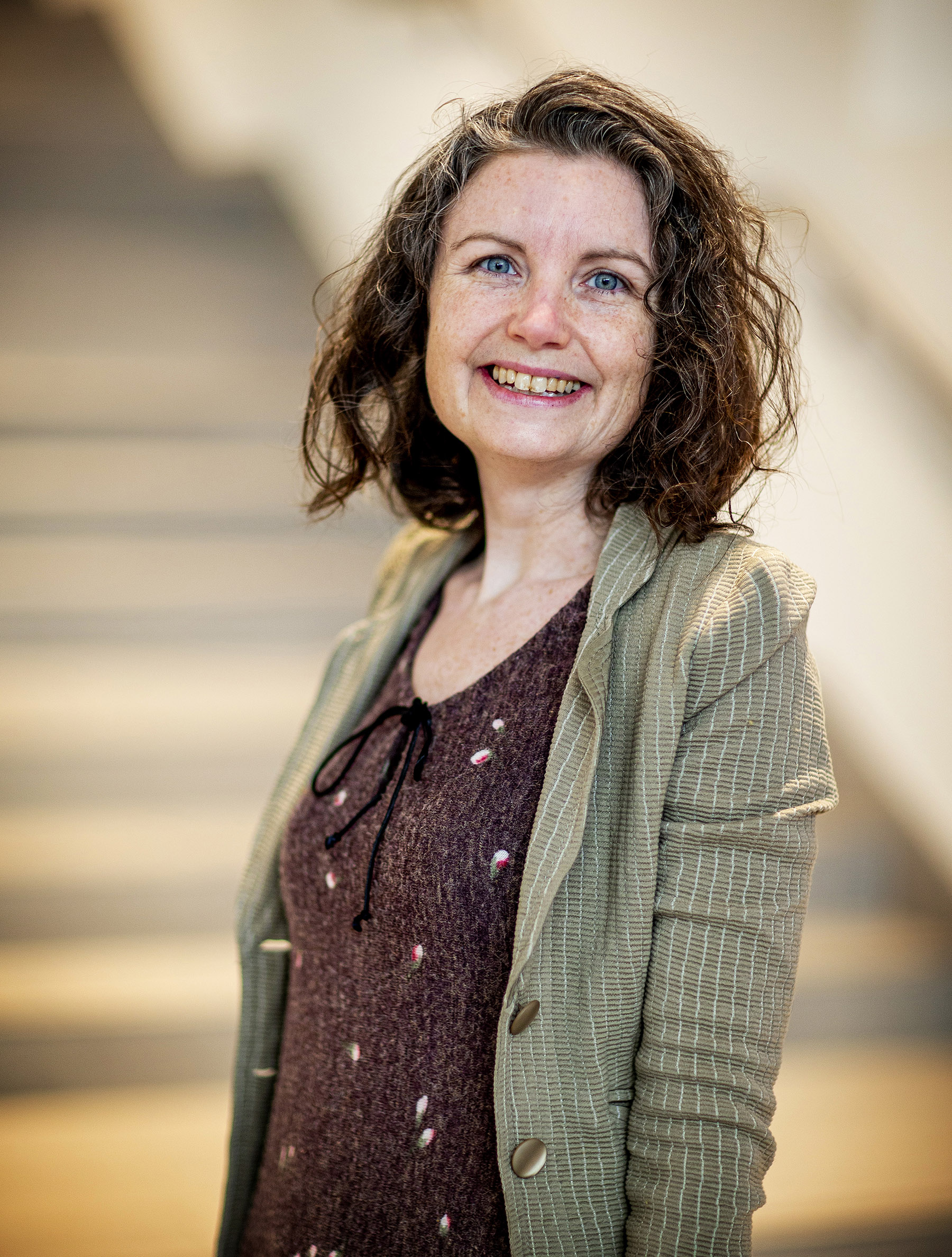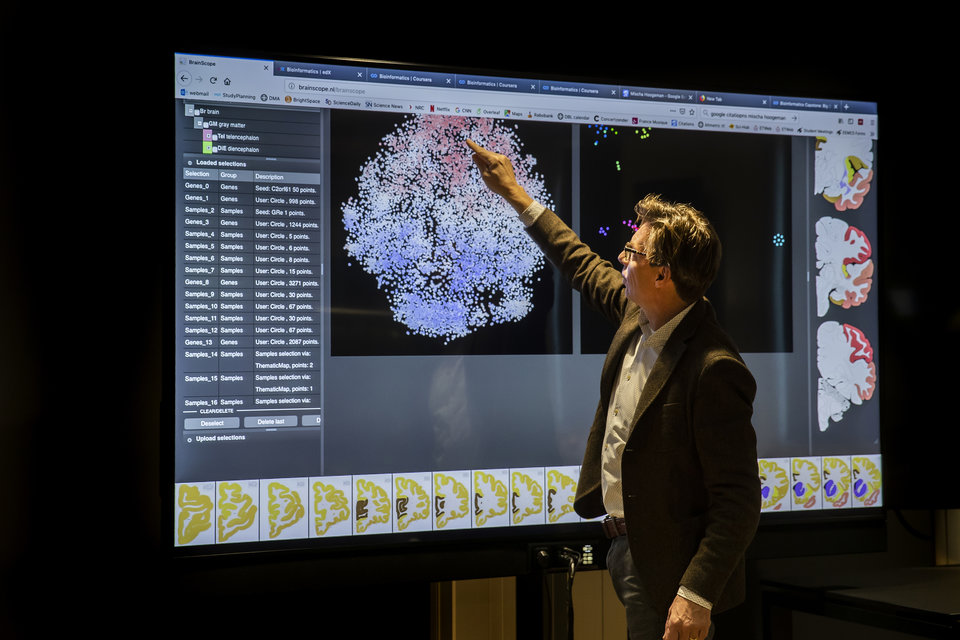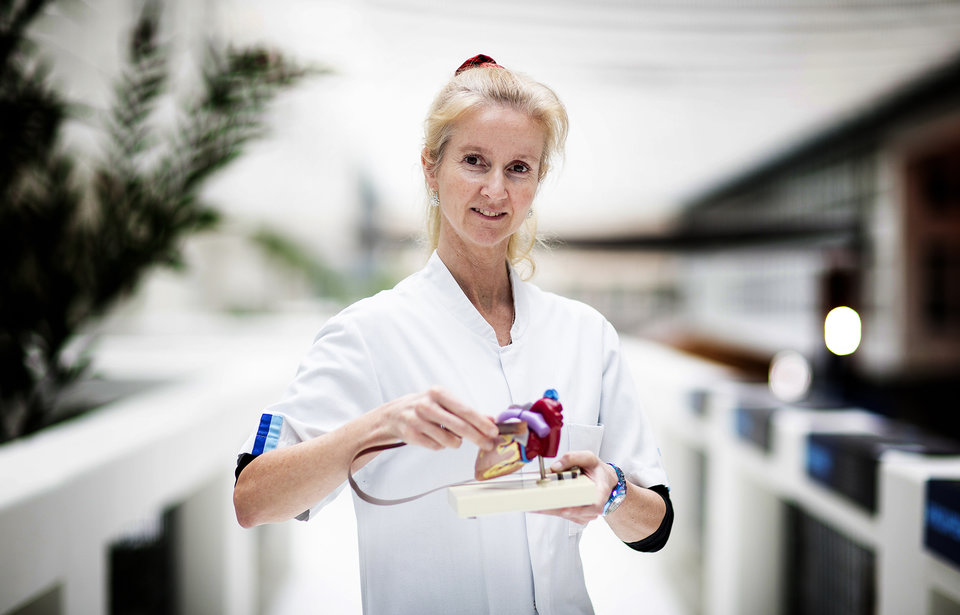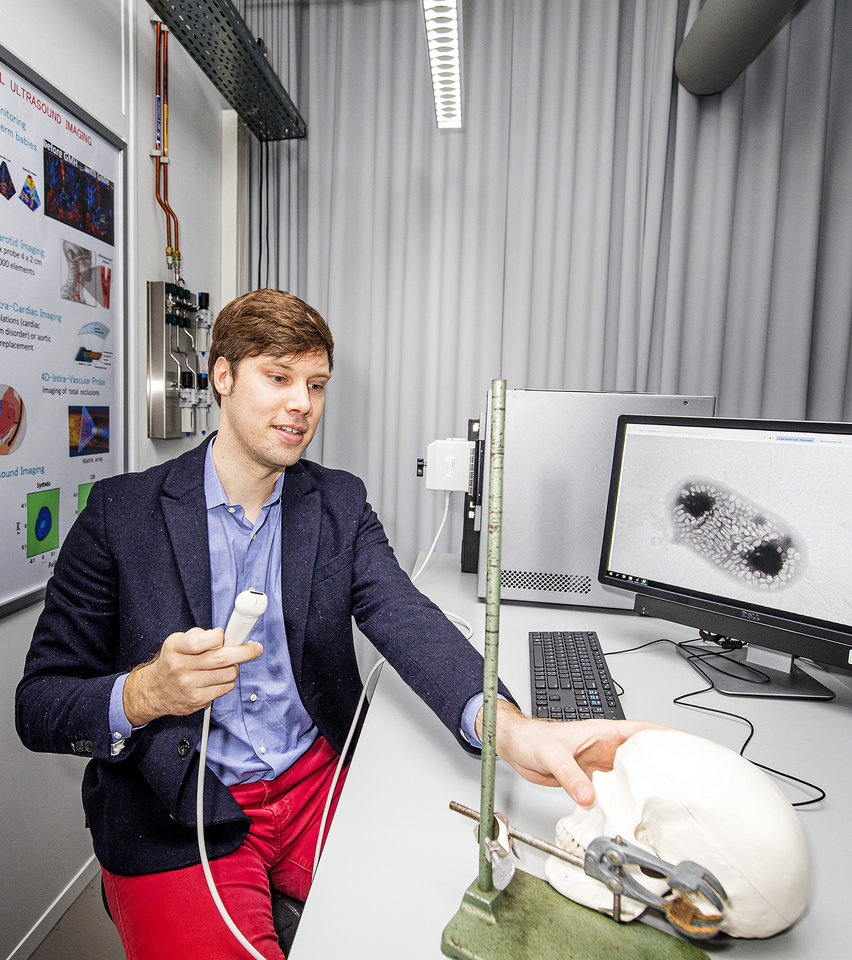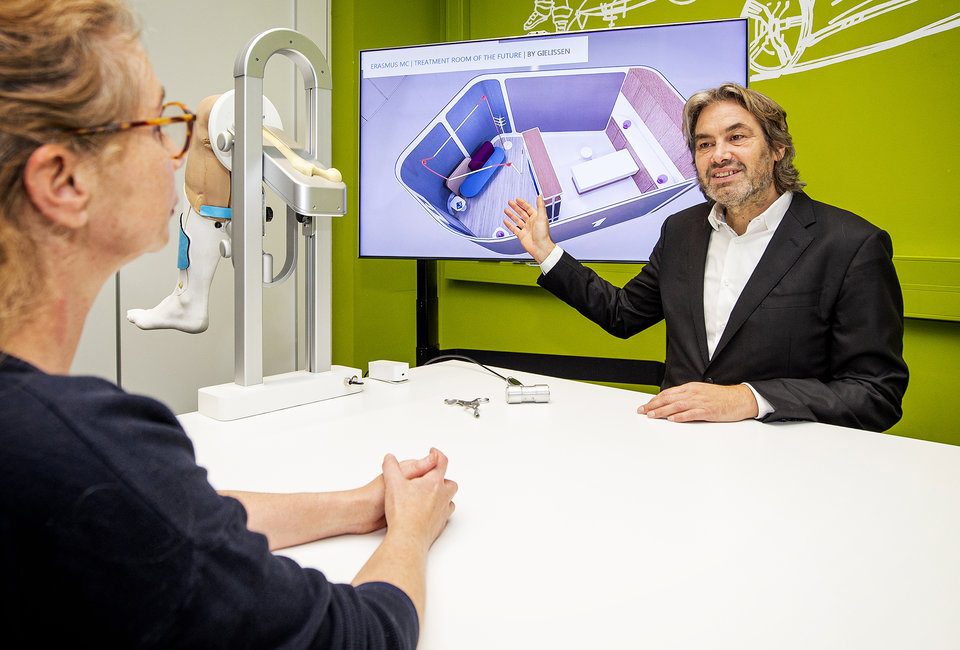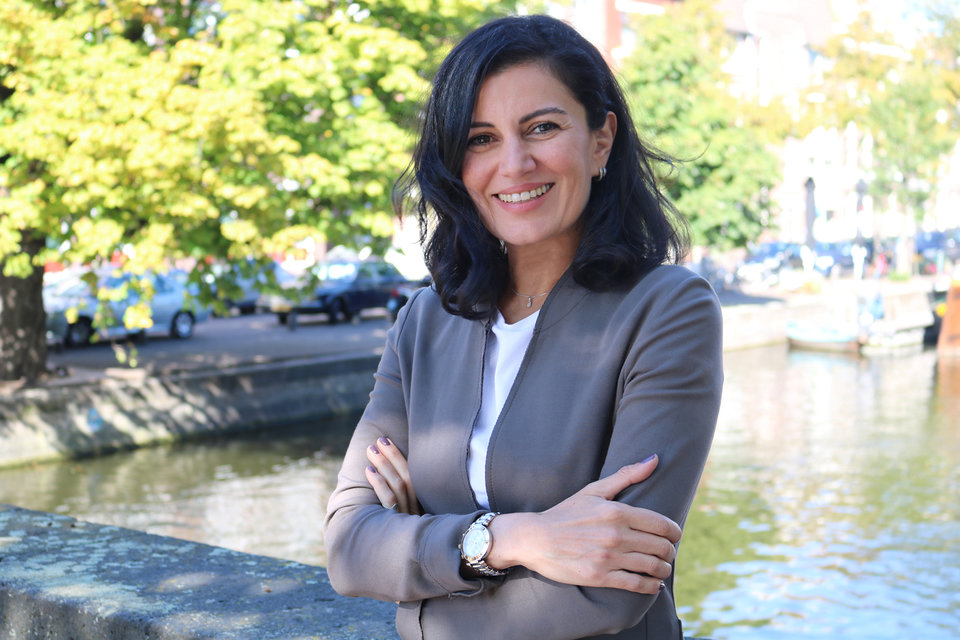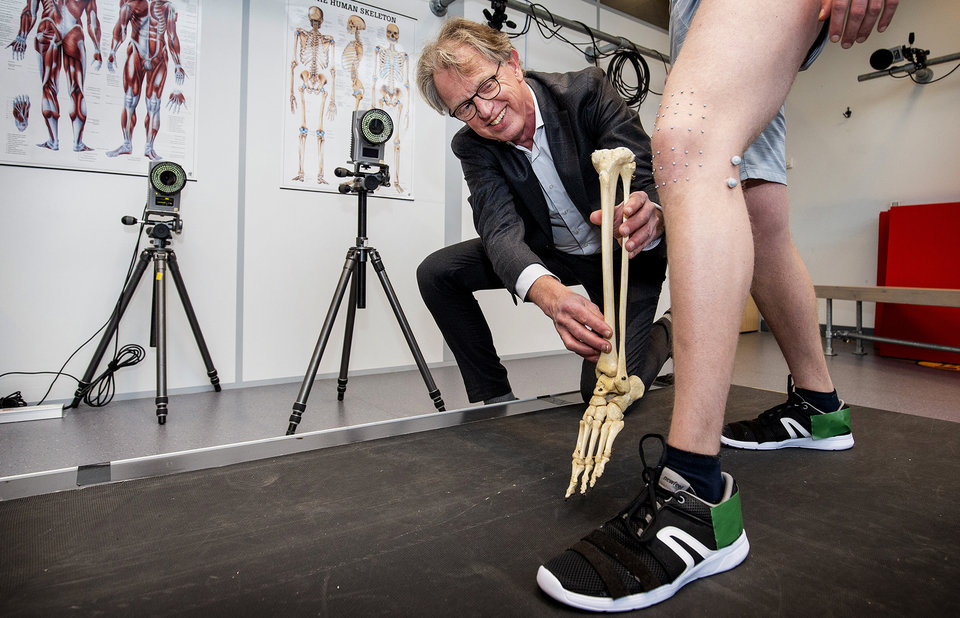Ethics an important instrument for sustainable innovation
Technology and medicine are steadily converging, with ground-breaking innovations arising at the intersection of these sciences. However, this mix also raises new ethical questions. Samantha Copeland of the Faculty of Technology, Policy and Management is leading the mission to make ethics an integral element of sustainable innovation.
Choices concerning values and standards are made in every phase of a development process. Ethics helps you to think about this. TU Delft is leading the way in applying philosophy and ethics in a university of technology. Ethics is also pivotal in the collaborations between the university and medical centres. Samantha Copeland highlights this importance: “Ethical conflicts are unavoidable in the innovations arising from these collaborations. There is nothing wrong with this, because new developments always evoke new questions, and these questions do need to be addressed.”
Fusing together technology and medicine is giving rise to entirely new ethical issues.
Samantha Copeland
Who determines what we should do?
Technology brings changes to existing care concepts. “Take for example an app on your mobile phone that constantly gathers data, and can therefore preventively contribute to keeping you healthy. This makes healthcare very up-close and personal. How do such technologies change our ideas about health, care and lifestyle? But also, how do we handle all the data? How do we share them responsibly with care providers and researchers? And if the algorithm in an app determines how we should act, do both the patient and the care provider understand exactly what will happen? These are questions that researchers need to ask themselves as soon as possible, and must be kept in mind throughout the entire development process.”
Samantha Copeland plays a central role at TU Delft in addressing ethics in medical-technological research programmes. “With my team, we help research groups to identify and address ethical issues. Medical research has a tradition of much debate on ethics, which has led to a focus on protocols and procedures. With the rise of technological innovations in the medical field, further ethical considerations need to be developed. We aim to involve care providers and patients, because if you want to implement sustainable innovation in healthcare, you need to involve all relevant stakeholders in your research. It is here where the element of ethics can help most.”
Instrument in our toolbox
At present, ethics tends to be a top-down process, arranged through rules and checks. “We want ethics to become an integral part of the innovation process right from the start. No longer an imposed checklist, but an instrument in the researcher's toolbox. When used well, ethics creates an environment in which people enter into thoughtful dialogue without necessarily having to arrive at an immediate solution. As such, the purpose is not so much a go/no go decision, but a way of looking at the issue differently and improving your perspective - to help researchers place their target group at the centre of their research and to work towards sustainable impact in the long term. Designing ethics as an instrument offers new opportunities and possibilities.”
Will you help?
Responsible and sustainable innovation is an important principle in all projects involving medical technology. Samantha Copeland is leading the mission for including ethical and social considerations in every step of the discovery-development-implementation cycle.
Donate nowResearcher profile
Name: Samantha Copeland
Age: 44 years
Born in: Canada, Watford
Specialisation: Ethics and philosophy
Potential application: ethics as an instrument for innovation
Faculty: Technology, Policy and Management
Donation to be spent on: setting up an ethics lab
Why TU Delft?
TU Delft is a global front runner when it comes to the application of philosophy and ethics within a university of technology. Where other universities treat ethics almost as an afterthought, in Delft it is an important aspect of research and is even part of all Bachelor programmes. Delft’s increasing collaboration with medical disciplines is making ethics even more important. For me this is a unique opportunity to put my background in philosophy into practice.

